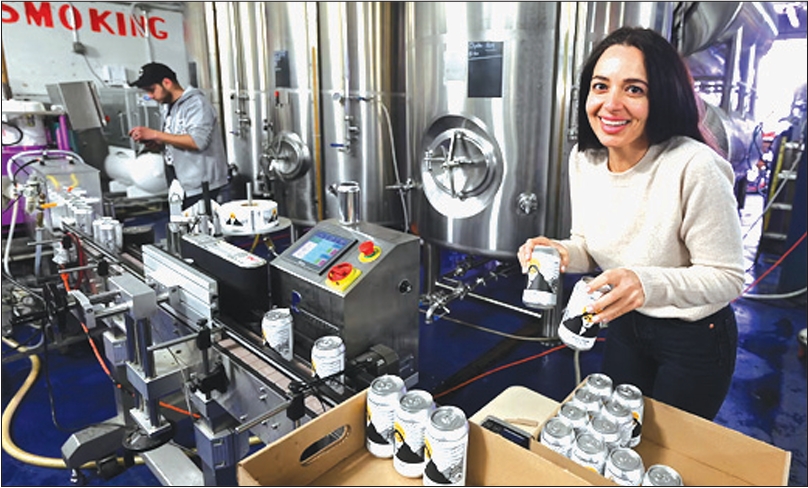Ali Amirnazmi as one of several Iranians being unjustly detained by the United States. He is the only one of eight Iranians that President Ahmadi-nejad has demanded be released by Washington that has yet been named by Iran.
Amirnazmi is one of the few Iranians convicted in the United States who the prosecution said aided Iran out of ideological commitment rather than greed.
Amirnazmi was identified by Mostafa Rahmani, the head of the Iranian Interests Section in Washington. He named Amir-nazmi in an interview with the Fars news agency.
Rahmani said Amirnazmi was arrested on “baseless charges” simply because he wished to return home to help Iran’s chemical industry develop further. He said a US court was “forced to sentence” Amirnazmi to five years in prison on unfounded charges of tax evasion after it could find no crime on which to try Amirnazmi. Rahmani further said that Amir-nazmi had been released on parole but was not allowed to leave US soil because the US government was afraid he would help Iran’s chemical industry.
But most of what Rahmani said was factually wrong. First of all, Amirnazmi has not been freed. As of Monday, he was still held at the Allenwood federal penitentiary in Pennsylvania with a projected release date of January 24, 2012.
Second, he was not sentenced to five years but to four years, only half of the minimum suggested in the federal sentencing guidelines.
Third, he was not convicted of tax evasion. He was convicted of bank fraud, lying to federal authorities and three counts of violating the trade embargo on Iran.
Amirnazmi, 66, is a chemical engineer and businessman who holds dual citizenship in Iran and the United States and lived near Philadelphia.
Federal prosecutors accused Amirnazmi of trying to ship chemicals to Iranian businesses, some of which are run by the Iranian government. Some of the chemicals could be used to make rocket propellants. The prosecution said Amirnazmi had bragged he would assist Iran to become a country whose chemical prowess would be a force to be reckoned with. They also said Amirnazmi met with President Ahmadi-nejad and other high-ranking Iranian officials.
“Amirnazmi’s motivation for providing all of this assistance was ideological more than financial. He proudly declared in numerous instances discussed at trial that he wanted to aid the Iranian government and hurt the United States,” US Attorney Michael Levy said in a plea memorandum filed at the time of the January sentencing.
Amirnazmi is a graduate of Tehran University as well as Stanford. He has lived and worked in the Philadelphia region for 28 years. He started his company, TranTech, in 1980.
His daughter, Solmaz Amirnazmi, wrote a letter of support for her father. “He has worked … an excessive and dizzying amount of hours to develop a system which can benefit the United States’ chemical industry and hence the American people,” she wrote.
Amirnazmi’s own letters, however, contradicted his daughter. Amirnazmi wrote his wife’s divorce attorney saying he was “forced to live in the US for the sake of [his] wife and daughter so they could be ‘free’ of limitations supposedly put on women” in Iran. He wrote that he “operate[s] according to laws and rules of the Islamic Republic of Iran.”
Defense attorney Elizabeth K. Ainslie theorized that the “angry and reckless” man the jury witnessed may be a byproduct of financial and marital strains. She argued for a short sentence. She said the chemicals involved in the case are used to make common household items and the chemicals included in his database are merely a list he developed to inform consumers of the price and availability of products.
Assistant US Attorney Stephen A. Miller said the 8-to-10-year sentencing guideline was apt since some of the chemicals Amirnazmi hoped to ship to Iran are used to make rocket propellants.
US District Judge Cynthia Rufe said the facts of the case did not warrant an eight-year sentence.
by Warren L. Nelson
























